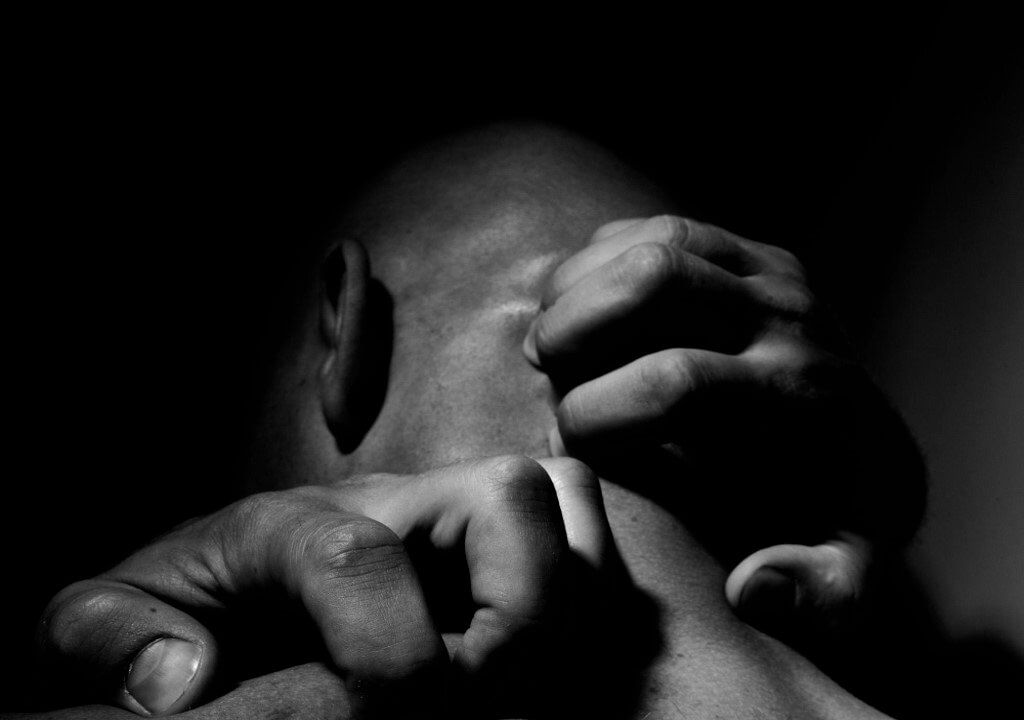Wealth, physical strength, sexual prowess and being devoid of emotion are what for centuries defined a man. This man was tailor made for the proverbial pregnant and barefoot woman whose place was in the kitchen to never question the authority of a man. The evolution of the modern day, progressive working woman with a voice sadly left the ‘man’ in his primitive ways.
Society made it that a man’s high body count earned him street credibility whilst all women got was to be shut shamed and in some instances a venereal disease and an unwanted pregnancy.
These were perpetuated by setswana proverbs such as ‘monna nku o lelela teng,’ ‘monna ga a lele’or ‘monna phafana o a hapaanelwa’ are commonly bandied about when society explains how man should behave.
Now as the society evolves and issues of Gender Based Violence (GBV) become rampant, terms which have for long time defined masculinity are coming under scrutiny. Expressions like ‘real-man’ or ‘men don’t cry’ which once defined men are now seen as a threat to men’s identity.
“By far, the worst thing we do to males, by making them feel like they have to be hard, is that we leave them with very fragile egos,” award winning author Chimamanda Ngozi Adichie says in one of her TEDx talks.

Tshepo Shoshong, a counsellor and host of ‘That Conversation’ on RB2 says ‘people who suffer from toxic masculinity also suffer from a state of trying to be ‘the better man.’ Pointing out that, one would be assertive however, he will overdo it.
At the opposite end of toxic masculinity is what Shoshong terms fragile masculinity. He describes the latter as ‘men who are considered too soft, to feminine, who do not fit into the mould of being a man.’ He says ‘compared to toxic masculinity, this man shows aggression above anything else.’
“Men who have fragile masculinity tend to suffer from anxiety and low self-esteem they try by all means possible to become manlier. For example, most men love football, and there are those who are not interest in it like myself. For some reason we tend to buy football regalia to avoid being seen as lacking the essence of manly hood and to fit in the equation of man love football.
These small things bring about fragile masculinity because if you do not fit in those said standards it becomes hard to associate yourself as being a proper man. It hurts a man inside to not fit in the so said manly standards. So what they mainly do, they change who they really are to fit in. They will drink and cheat and do everything necessary to be considered a man,” he notes.
Shoshong explains that there is a thin line between toxic and fragile masculinity because in the long run fragile men tend to be toxic influenced by the state of their condition. When they try to fit in some of them will fall too deep into the toxic masculinity traits which end up changing their nature and this bring up terms like ‘I have changed I am not the man that I used to be’.
“Men with fragile masculinity never know if they are doing the right thing or doing too much. Because they are coming out of their own comfort zone and sacrificing their own happiness to please other people just to fit in and show dominance and this may led to violation of other people’s right, mostly leading to Gender Based Violence. Some of these men with fragile masculinity would even try to bring down others who are around them. For example, they tend to drop their partners ego and self-esteem just to show dominance while his ego is filled and he will feel in control,” Shoshong adds.

Additionally, Shoshong noted that, their contribution towards GBV and suicide comes through a push and force. Men of toxic and fragile masculinity are usually hungry for dominance and they obtain this by force. Eventually physical abuse kicks in as they desire to be pushy even at home.
“He would want to push his agenda onto his wife or girlfriend and if she does not listen or she offers a better solution towards their problem war eventually erupts at home because the man wants dominance above everything and everyone. The growth in abuse will later led to death in some cases then to suicide cases as we see happen in our society.
“Most toxic people tend to be narcissist personalities because it is all about them and what pleases them. And if a relationship ends they use what they did for the women to hold her captive and when this fails it leads to femicide and still not see any wrong in their action,” he explains.
Worse still, Shoshong notes that once men with fragile masculinity acquire all the said traits of being a man including money and are rejected, their egos get bruised. They ask themselves ‘why would these women reject me when I have everything she needs.’
He adds that social media has turned to a playground for many men with fragile masculinity as they do not know how to communicate while some became verbally abusive trying to show their manliness. And if a woman on social media destabilises their fragile masculinity which has now turned to toxic masculinity, they tend to bad mouth and trash the woman in order to feel superior and for no one to have interest in the woman in future.
“Men have never really sat down and figured who they really are and what they want. We are raised as players and hunters and our women subsequently support our choices to cheat because of statements like ‘no man is faithful’. Men are not true with their emotions because they are afraid to feel any kind of emotion when deep down they are breaking inside. If we can be honest and fix our emotions and this notion of masculinity, we will surely cut down on GBV and suicides,” he concludes.

For her part, Ruth Kedikilwe, Vice Chairperson for Men Engaged Botswana, a network of Organisations who fight for social justice said toxic masculinity is a result of centuries of being socialized into thinking the best way to measure a man’s manliness is through dominance and violence. Highlighting that this can be witnessed from phrases like “solve it like men” suggesting men should fight to settle a dispute and “Boys will be boys”. These are set as an excuse for boys to play rough and hurt one another.
“There has been an influx of gender based violence in Botswana posing as a huge threat to women and children seeing as they are almost always on the receiving end of male brutality whenever men lash out. Thus one can say the frame of masculinity in Botswana is currently very volatile and society is in dire need for interventions to address the situation,” she explained.
The sad reality according to Kedikilwe is that, most people with toxic masculinity also harbour homophobic traits. And as an activist, the most extreme case she encountered was of a father, uncle and priest beating up their daughter/ niece and exposing their genitals to her and challenging her partner to them her penis (they are a lesbian couple).
Furthermore, she added that “When assessing most incidents, they revolve around perpetrator’s refusal to accept rejection. The inability to accept that one is not entitled to something, the violent aversion to being mocked or devalued. With this in mind, fragile and toxic masculinity are major contributors to GBV.”
Batswana have a huge task ahead of them to unlearn that just because a man posses brute physical strength doesn’t define him as a man. A true man has qualities that make him caring, compassionate, and chivalrous.

